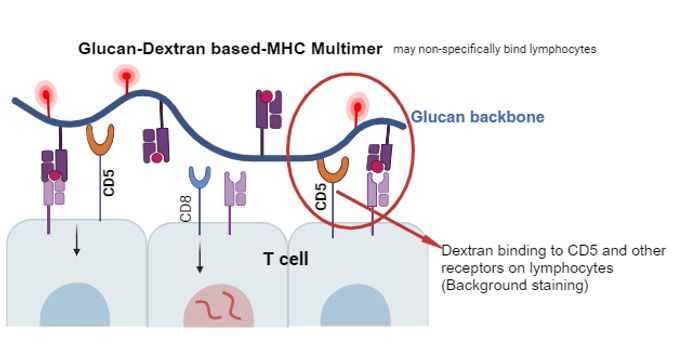When it comes to sequencing patients' tumor genomes to personalize cancer therapy, one very important step may be missing, suggest Johns Hopkins researchers: a point of comparison to patients' noncancerous genomes.

Without these comparisons - or a full picture of a patient's genome - nearly half of all patients may be getting the wrong cancer treatment, say the researchers at the John Hopkins Kimmel Cancer Center.
"By not sequencing each person's normal tissue to filter out noncancer-related changes, it's difficult to really understand what is occurring in the tumor," said Victor Velculescu, M.D., Ph.D., a professor of oncology and pathology and co-director of the Cancer Biology Program at the Johns Hopkins University School of Medicine, in a press release.
The study appears today in Science Translational Medicine.
When Velculescu and colleagues compared the genomes of tumor and normal tissue from more than 800 cancer patients' sequencing data, they found that approximately 65 percent of the genetic changes identified with tumor-only genetic sequencing were "false positives" and not related to the patient's cancer. That's because, by first sequencing a patient's noncancer genome, the researchers identified which genetic changes are heritable variations.
The researchers also looked at changes in "actionable genes," or genes for which some drug or therapy has been identified. In this case, false positive affected 48 percent of the patients analyzed.
"In tumor-only analyses, we found that nearly half of patients had tumor mutations that were actually germline or false positives in actionable genes, and they could lead to inappropriate therapy," Velculescu said.
Inaccurate genetic information can lead to side effects from incorrect targeted therapies and increased costs of patient care from misdirected medicines, report the researchers.
That said, Velculescu and his team acknowledge the challenges associated with implementing tumor-normal analyses in a clinical setting - including added costs of sequencing a patient's normal tissue.
These study results build on the concept of precision medicine, in which oncology researchers hope that one day, DNA sequencing will be a reality for every cancer patient, so that patients may receive personalized therapy.
By Stephanie Guzowski, Editor, Drug Discovery News









